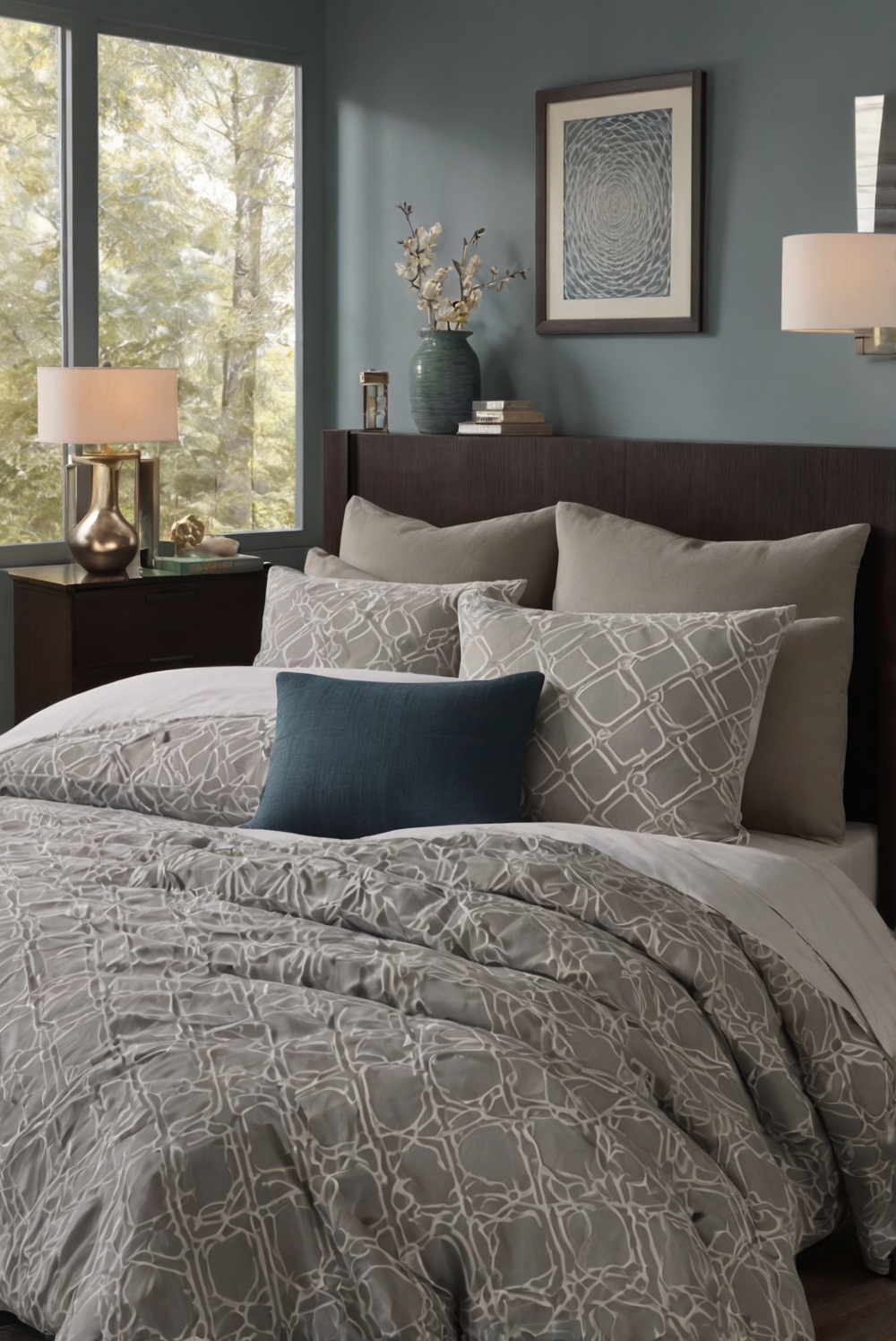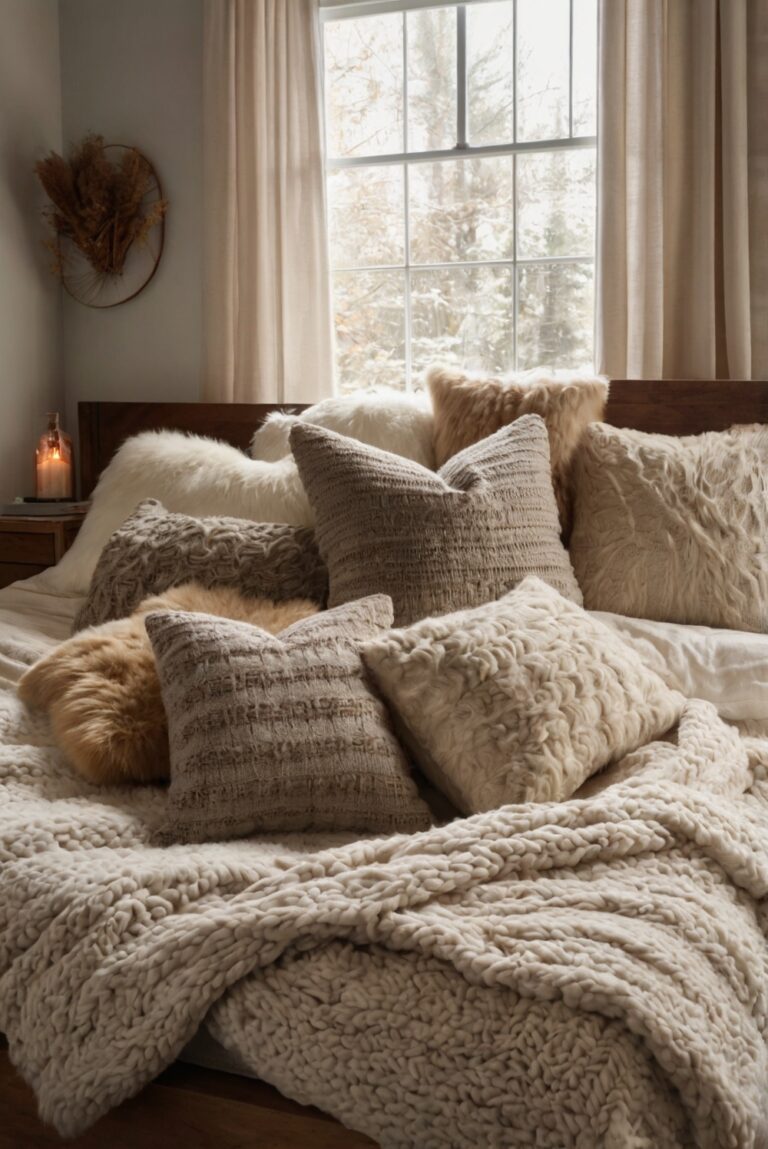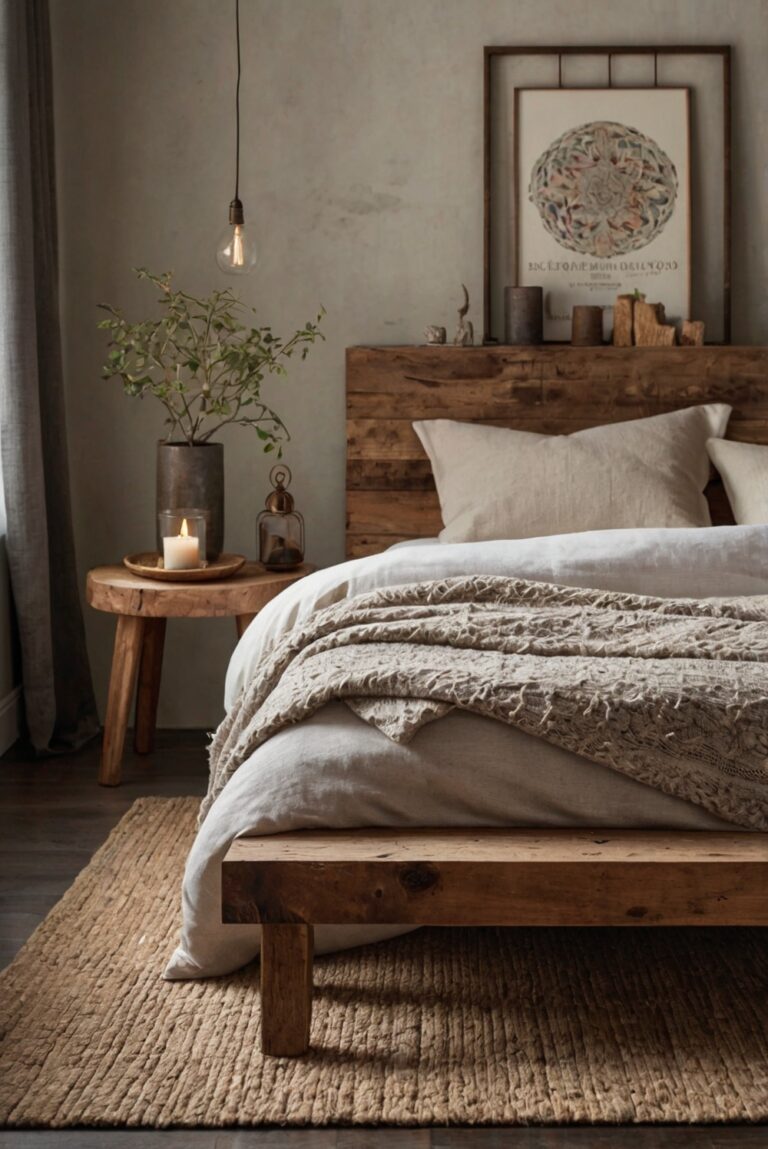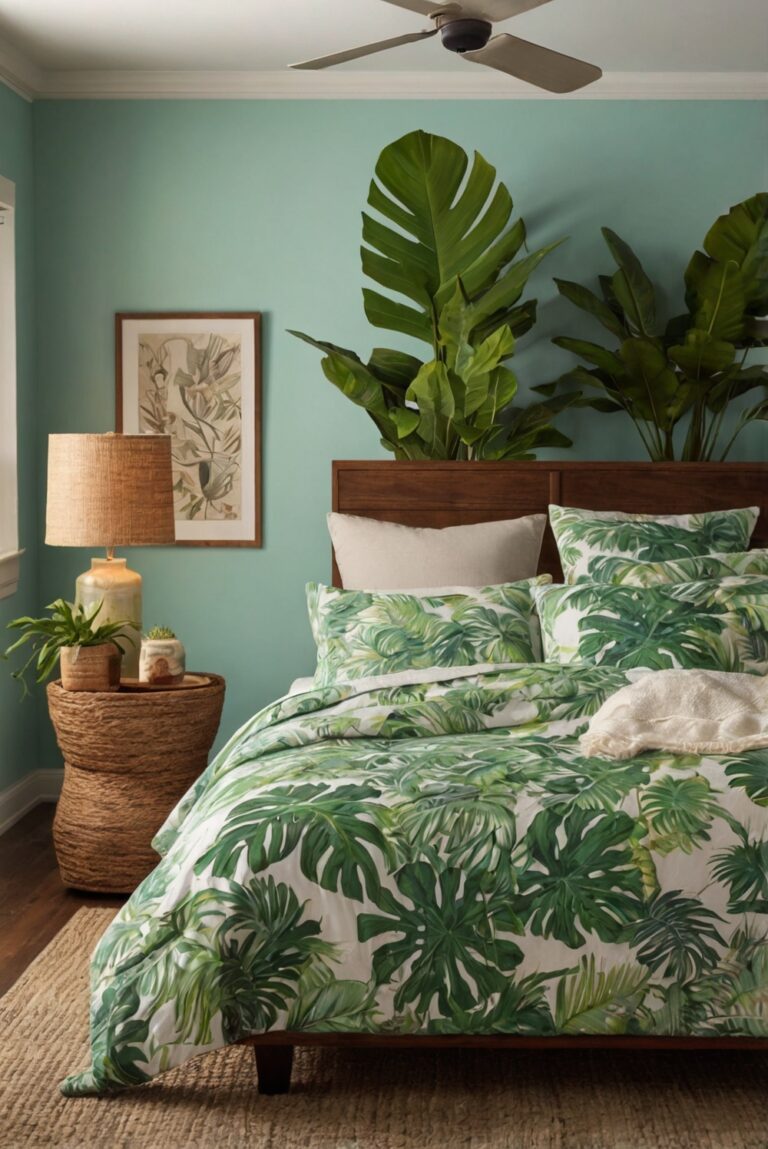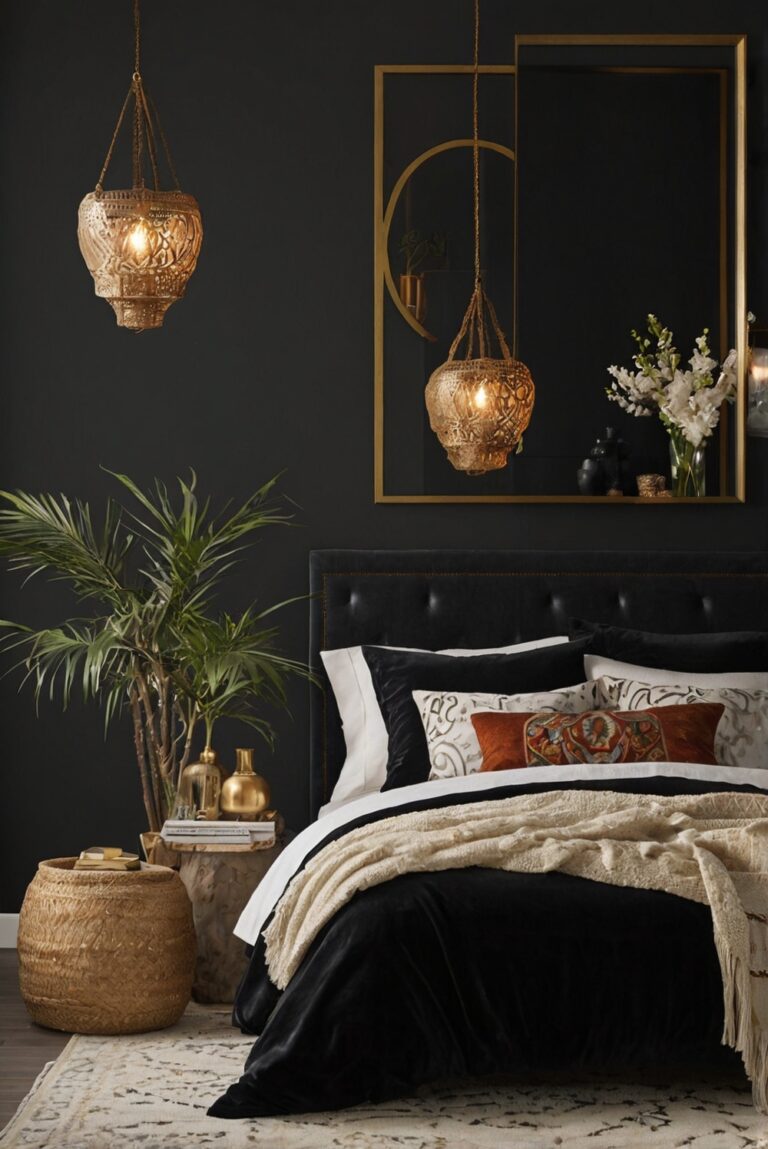Welcome to our daily interior designer routine with tips on selecting the ideal bedding thread count for ultimate softness. Learn how thread count impacts the comfort of your bed!
How to Select the Ideal Bedding Thread Count for Softness?
In order to select the ideal bedding thread count for softness, consider opting for a thread count between 200 and 800. A higher thread count generally indicates softer and smoother sheets. It’s essential to also pay attention to the fabric composition, as materials such as Egyptian cotton or bamboo offer softer textures. Additionally, washing the bedding with gentle detergent and avoiding harsh chemicals can help maintain the softness. Be sure to follow the manufacturer’s care instructions to preserve the quality of the fabric. Incorporating these tips will enhance your home decor and ensure a cozy environment.
How to Select the Ideal Bedding Thread Count for Softness?
When choosing the ideal bedding thread count for softness, thread count plays a crucial role. The higher the thread count, the softer the sheets will feel. However, it’s essential to consider other factors as well to ensure you get the softness you desire.
One important consideration is the fiber material used in the sheets. Cotton is a popular choice for its softness, breathability, and durability. Look for sheets made from long-staple cotton fibers like Egyptian or Pima cotton for a luxurious feel.
Additionally, weave also impacts the softness of the sheets. Sateen weaves are known for their silky smooth feel, while percale weaves offer a crisp, cool sensation. Choose a weave that aligns with your preferences for softness.
Factors to Consider When Selecting the Ideal Thread Count:
1. Fiber Material: Opt for sheets made from high-quality cotton fibers like Egyptian or Pima cotton for superior softness.
2. Weave: Consider the weave of the sheets – sateen weaves for a silky feel, percale weaves for a crisp touch.
3. Thread Count: Higher thread counts typically result in softer sheets, but ensure the quality of the material is also high.
Additional Tips for Selecting Soft Bedding:
When looking for soft bedding, test the sheets if possible to feel the texture firsthand. Consider factors like breathability and durability in addition to softness to ensure a comfortable night’s sleep.
Remember that the ideal bedding thread count for softness may vary based on personal preferences, so don’t hesitate to experiment with different thread counts and materials to find the perfect match for your comfort.
1. What is thread count and why does it matter in bedding selection for softness?
Thread count refers to the number of threads woven into one square inch of fabric. The higher the thread count, the softer and more luxurious the fabric tends to be. When selecting bedding for softness, it is essential to consider the thread count as it directly impacts the feel of the fabric against your skin. Typically, a thread count of 300 to 500 is considered to be soft and comfortable. However, some may prefer higher thread counts for an even more luxurious feel. It’s essential to strike a balance between thread count and personal preference to ensure the ideal softness in your bedding.
2. How does thread count affect the softness of bedding materials?
Thread count plays a crucial role in determining the softness of bedding materials. A higher thread count means that there are more threads woven into the fabric, resulting in a smoother and softer texture. Fabrics with a higher thread count have a tighter weave, which contributes to their softness and durability. However, it’s important to note that thread count is not the only factor that determines the softness of bedding. The type of material used, such as cotton, linen, or silk, also influences how soft the bedding feels against your skin. Therefore, when selecting bedding for softness, consider both the thread count and the material to ensure optimal comfort.
3. What are the recommended thread counts for different types of bedding?
When selecting bedding for softness, the recommended thread counts may vary depending on the type of bedding. For sheets, a thread count of 300 to 500 is generally considered to be soft and comfortable. However, for pillowcases and duvet covers, a slightly lower thread count of 200 to 400 may also provide a soft feel. It’s essential to choose a thread count that aligns with your personal preference and comfort level. Additionally, keep in mind that higher thread counts may come at a higher price point, so it’s important to strike a balance between softness and affordability when selecting the ideal bedding thread count.
4. Are there specific materials that are better for achieving softness in bedding?
While thread count is an important factor in determining the softness of bedding, the type of material used also plays a significant role. Cotton is a popular choice for bedding due to its soft and breathable nature. Egyptian cotton, in particular, is known for its luxurious feel and high thread count, making it an excellent option for soft bedding. Additionally, linen and silk are other materials that are prized for their softness and comfort. When selecting bedding for softness, consider the material along with the thread count to ensure the ideal combination of softness and comfort.
5. How can I determine the ideal thread count for soft bedding based on personal preferences?
When selecting the ideal thread count for soft bedding, it’s essential to consider your personal preferences and comfort level. Some individuals may prefer a higher thread count for a smoother and more luxurious feel, while others may find a lower thread count to be sufficient for their comfort needs. To determine the ideal thread count for soft bedding based on your preferences, consider factors such as the material used, the weave of the fabric, and your desired level of softness. Experimenting with different thread counts and materials can help you find the perfect balance between softness and comfort in your bedding.

